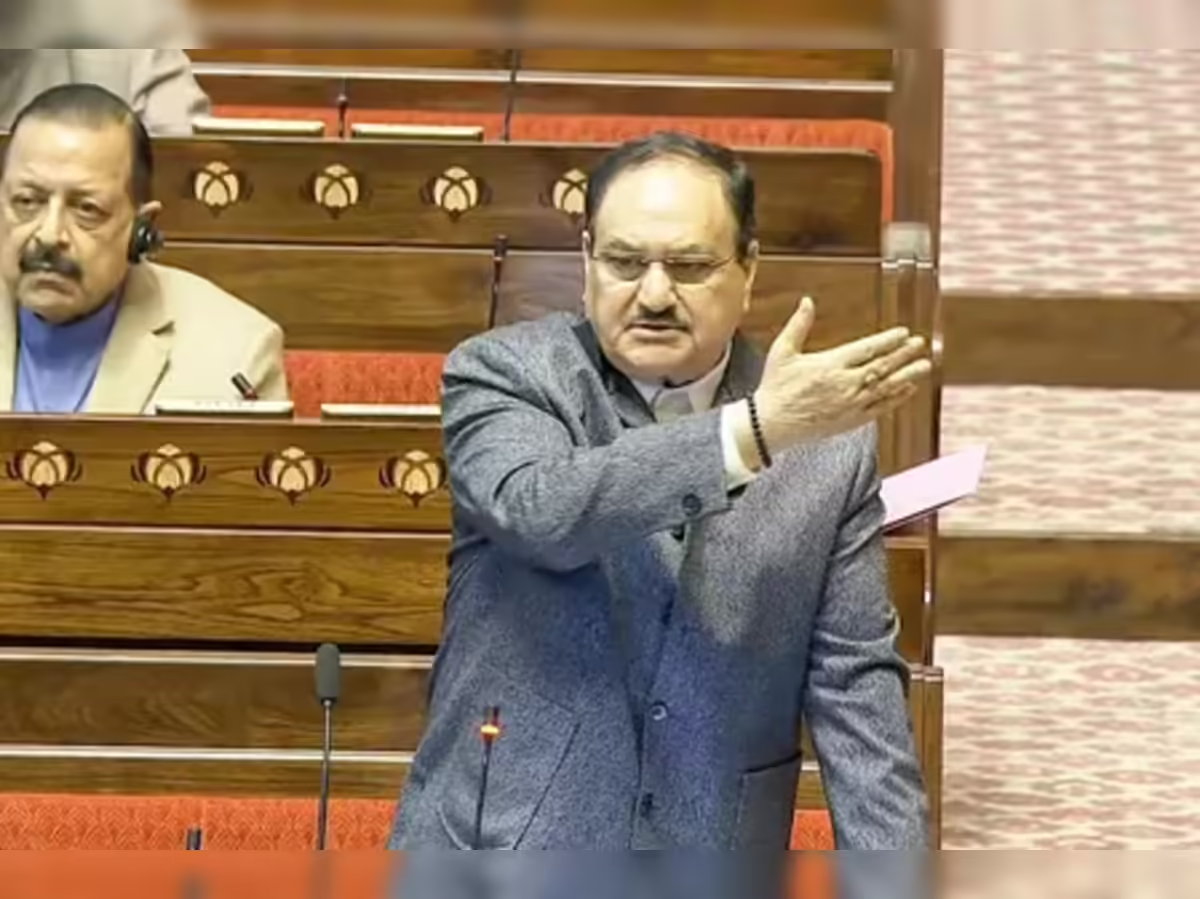Delhi HC: No Legal Right for Encroachers to Stay on Public Land Amid Pending Rehabilitation Claims
New Delhi — The Delhi High Court has ruled that individuals living in unauthorized settlements on public land cannot claim a legal right to remain in occupation while their rehabilitation requests are being processed, emphasizing that such a stance would hinder crucial public development projects.
The ruling came on June 6 in a significant judgment delivered by Justice Dharmesh Sharma, who rejected a series of petitions filed by residents of the Bhoomiheen Camp — a slum settlement in the Kalkaji area of South Delhi.
The petitioners, numbering approximately 1,200, had approached the court to halt demolition activities initiated by the Delhi Development Authority (DDA) and to seek protection from eviction until their rehabilitation claims were addressed.
In a strongly worded verdict, the court clarified that the right to remain on public land is not an inherent or constitutional entitlement available to those who encroach upon government property.
“None of the petitioners have any legal right to continue occupying the JJ (jhuggi-jhopri) cluster incessantly, to the detriment of the public at large,” the court stated.
Misjoinder of Causes, Lack of Policy Compliance
Justice Sharma further observed that the writ petitions were legally flawed due to the misjoinder of multiple parties presenting varying grievances and causes of action.
More crucially, the court noted that the petitions failed to satisfy the basic criteria laid down under the Delhi Slum and JJ Rehabilitation and Relocation Policy, 2015, which governs eligibility for state-sponsored rehabilitation.
“The right to rehabilitation arises solely from the prevailing policy that binds the administration. It is not a standalone right that can be invoked irrespective of compliance with the said policy,” the court noted.
It underscored that the process of determining eligibility for rehabilitation is distinct from — and should not delay — the eviction of encroachers from public land earmarked for development.
DDA Granted Permission to Resume Demolitions
With this judgment, the Delhi Development Authority has been given the green light to proceed with its demolition drive at Bhoomiheen Camp by established legal procedures.
The court emphasized that allowing encroachers to stay pending the outcome of rehabilitation evaluations would create an unjust precedent and serve as a roadblock to necessary infrastructure and development projects.
“Permitting such occupation under the pretext of unresolved rehabilitation claims could effectively paralyze public projects of importance,” the order read.
Partial Relief and Path to Rehabilitation
While the court dismissed the majority of the petitions, it did provide a measure of relief to certain residents found to be eligible under the policy guidelines.
The court directed the DDA to allocate flats under the Economically Weaker Section (EWS) category to these individuals under the policy.
This limited concession, however, came with a reiteration that any entitlement to resettlement must strictly conform to the criteria outlined by the Delhi Urban Shelter Improvement Board (DUSIB) and other regulatory authorities.
The petitioners had also sought a court directive compelling the DUSIB to conduct a comprehensive survey of residents affected by the demolition and to facilitate their relocation.
The court, however, did not issue such a direction, stating that rehabilitation is a policy-driven administrative decision, not a matter for judicial mandate unless due process is shown to be violated.
About Bhoomiheen Camp
Bhoomiheen Camp has existed for nearly three decades and is home to a diverse community of migrants primarily from Uttar Pradesh, Bihar, and West Bengal.
Like many informal settlements in Delhi, the camp emerged as a refuge for economically disadvantaged families seeking employment in the national capital.
However, its legal status has long remained in question, with successive governments attempting, with limited success, to address both the humanitarian and civic challenges posed by such encroachments.
Wider Implications
The judgment could have broader implications for similar slum clusters across Delhi, where legal challenges to demolition and eviction drives have often delayed or disrupted public projects such as road widening, metro rail expansion, and urban infrastructure development.
By clearly separating the right to rehabilitation from the right to remain on encroached public land, the Delhi High Court’s decision establishes a precedent that could guide future cases involving unauthorized settlements and state obligations under urban development and welfare policies.
The ruling affirms the government’s authority to clear public land for developmental use while simultaneously recognizing the need for fair and policy-compliant rehabilitation of displaced residents.




